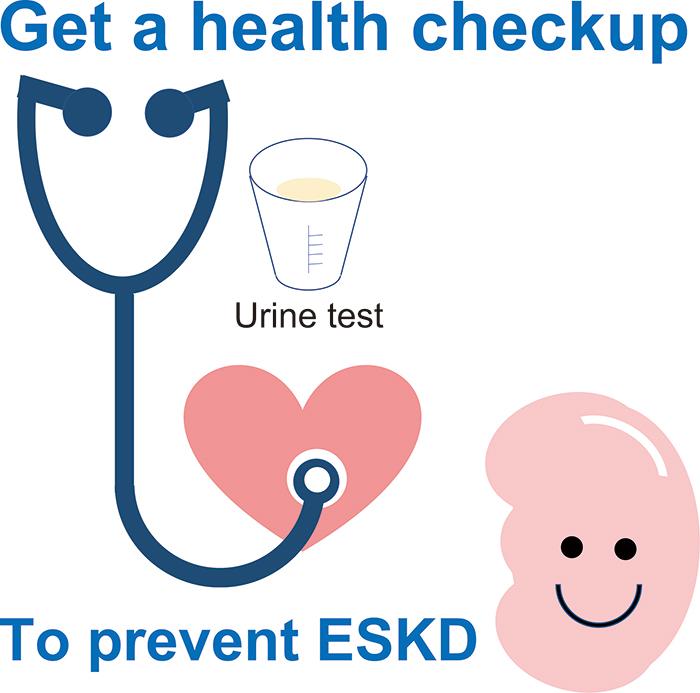Niigata, Japan – A new Japanese ecological study revealed that prefecture-specific participation rates for Specific Health Checkups (SHC participation rates) had significant negative effects on prefecture-specific standardized incidence rates (SIRs) of treated ESKD and prefecture-specific prevalence of chronic kidney disease (CKD). The findings support the importance of increasing SHC participation rates at the population level and encouraging people to undergo regular health checkups.

Credit: Niigata University
Niigata, Japan – A new Japanese ecological study revealed that prefecture-specific participation rates for Specific Health Checkups (SHC participation rates) had significant negative effects on prefecture-specific standardized incidence rates (SIRs) of treated ESKD and prefecture-specific prevalence of chronic kidney disease (CKD). The findings support the importance of increasing SHC participation rates at the population level and encouraging people to undergo regular health checkups.
“Japan has one of the highest incidence and prevalence rates of treated ESKD and substantial regional variation in the incidence of treated ESKD despite a uniform health care and insurance system and low ethnic and racial diversity,” said Dr. Wakasugi, the corresponding author of the study. “Large variations have been observed by prefecture in participation rates for SHC, an annual health screening program introduced by Japan’s Ministry of Health, Labour and Welfare since 2008 to identify individuals requiring specific health guidance to reduce the number of people having or at risk for, metabolic syndrome.”
Using five sources of nationwide open data, the study revealed that SHC participation rates had significant direct negative effects on prefecture-specific SIRs and the prefecture-specific prevalence of CKD. Furthermore, through SHC participation rates, the ratio of nephrology specialists had a significant indirect negative effect on prefecture-specific SIRs, suggesting that a higher prefecture-specific ratio of nephrology specialists was associated with lower prefecture-specific SIRs. The structural equation modeling model explained 14% of the variance in prefecture-specific SIRs, indicating that prefecture-specific SHC participation rates can partially explain regional variation in prefecture-specific SIRs of treated ESKD.
“Our findings concord with the Neyagawa Health Checkups and Health Care in Kokuho Database study, which showed that men who did not attend health checkups and did not undergo a kidney test using dipstick urinalysis and/or serum creatinine measurement at medical facilities were at significantly higher risk of treated ESKD than those who attended checkups, especially among those aged ≥75 years,” said Dr. Wakasugi. “Our findings provide evidence to support the importance of increasing SHC participation rates from a population-level perspective and encouraging people to undergo health checkups.”
Journal
Clinical and Experimental Nephrology
DOI
10.1007/s10157-023-02412-3
Article Title
Higher participation rates for Specific Health Checkups are associated with a lower incidence of treated ESKD in Japan
Article Publication Date
9-Oct-2023




